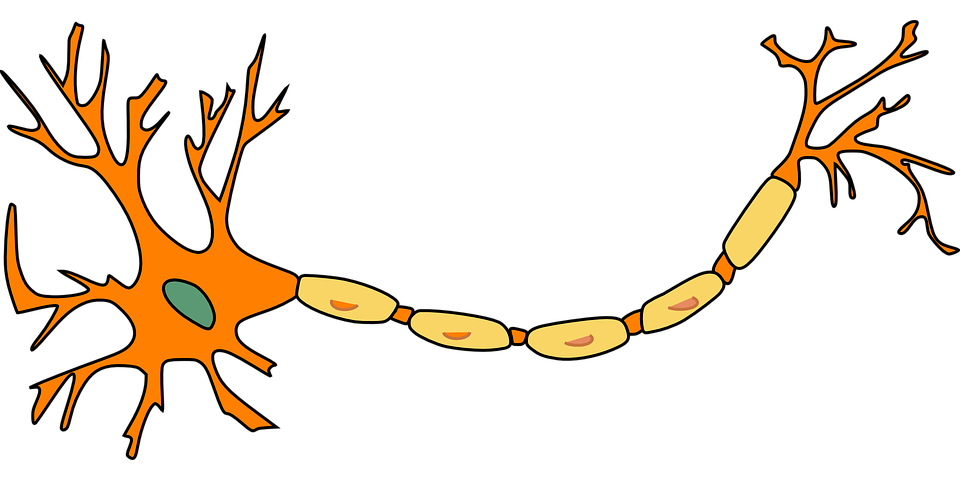Peripheral neuropathy is a medical condition that compromises the overall functioning of the body’s peripheral nerves. This often results when the functioning of the nerve endings located on the hands, arms, feet, and other body extremities are damaged. The symptoms of peripheral neuropathy are often unique to different individuals depending on the type of nerve that has been damaged.
What is Peripheral Nervous System?
To understand peripheral neuropathy, it is essential that you know what the peripheral nervous system is all about. Ideally, peripheral nerves are a special group of nerves located outside the brain and the spinal cord. These nerves include:
Cranial nerves: Nerves that connect the head, face nose, ears, and facial muscles to the brain
- Spinal Nerves: Nerves that connect spinal nerves to the rest of the body
- Sensory Nerves: These nerves are responsible for transmitting sensations such as touch and pain
- Motor Nerves: They are responsible for controlling muscular movements
- Autonomic Nerves: They regulate automatic body functions such as regulation of blood pressure.
Peripheral Neuropathy Symptoms
Peripheral neuropathy results when any or a combination of peripheral nerves fails to work. In most cases, however, the nerve endings that mostly affected are those that are located along the arms, hands, and feet. It is also worth noting that not all nerve related problems can be classified as neuropathy. Several symptoms are often indicative of peripheral neuropathy, which include:
- Numbness and tingling in the hands and body
- Shooting pains and extreme sensitivity to touch
- Loss of body balance and coordination
- Slow reflexes
- Weak muscles, especially on the feet
Causes of Peripheral Neuropathy
The leading causes of peripheral neuropathy are both type 1 and type 2 diabetes. High blood pressure is another lifestyle ailment that has been shown to affect the nervous system, thus leading neuropathy. Other causes include physical injuries, viral infections, alcohol abuse, and drug addiction, and viral infections.
It is also worth noting that some people are believed to be at high risk of peripheral neuropathy. People with diabetes, older people, and male Caucasians, for instance, are believed to be at high risk of being affected by neuropathy. Thus, regular check-ups are recommended to anyone who is believed to be at risk of peripheral neuropathy.
Treating Peripheral Neuropathy
The treatment ascribed to peripheral neuropathy often depends on the symptoms and the underlying cause. As much as only some underlying causes are treatable, naturopath can do a lot more in terms of managing and treating the condition.



